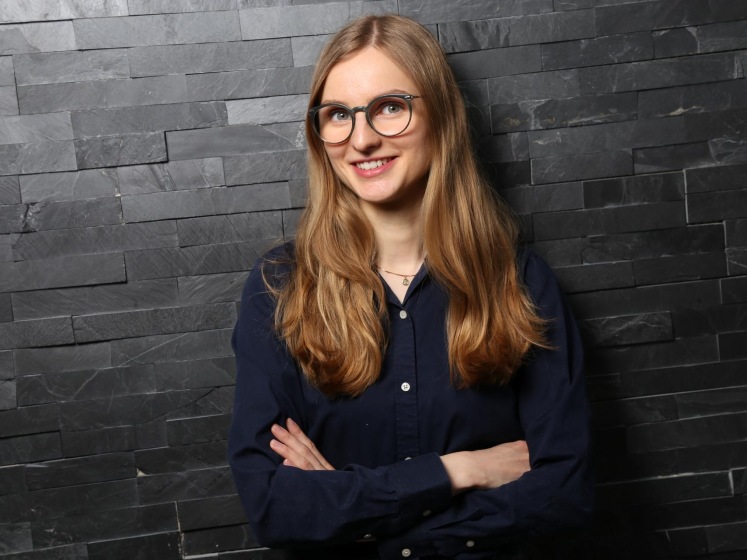 Sarah Gerwens
Sarah Gerwens
What are you currently researching?
I’m exploring how people speak about race in a supposedly post-race society and how so-called colour-blind institutions continue to produce unequal results depending on class and migration background.
Concretely, I research ‘narratives of whiteness’ in the German school system. I want to understand how these narratives portray ‘good’ and ‘bad’ students and schools, as well as how they legitimise educational inequality.
Why did you choose this area of study?
I grew up in Germany where race has been largely excised from (white) public discourse and disavowed as a concept of the far-right. However, race-based discrimination continues and culturalised racism emerges in conversations about immigration and national belonging.
My MSc mentor, who now supervises my PhD, suggested I look into Critical Whiteness Studies to make sense of this paradox. Three years on, that’s still what I’m doing.
How will your research improve or have a wider impact on society?
‘Colour-blindness’ is often proposed as a remedy for racial inequalities. However, I make the opposite argument: race is neither gone, nor forgotten, even if it’s supposedly unseen. Indeed, failure to reckon with race entails a failure to confront racism. My research contributes to this reckoning in the German school system.
What impact did the pandemic have on your research plans?
Pre-COVID, I had planned to conduct participant observations in and around German primary schools. While challenging at first, the pandemic gave me more time to work on my theoretical framework and to explore alternate methods of data collection. I have now shifted from a ‘pure’ ethnography to a more discourse-focussed approach, triangulating policy documents, media coverage of German schooling, online interviews with school staff and parents/guardians, as well as, one day, my fieldwork.
What do you hope to do career-wise, long term?
I hope to leverage my research and analytical skills in the think tank and consulting sector. My goal is to contribute to better education policies and to further equity, diversity, and inclusion more broadly.
Can you provide any advice to prospective students about the most effective way to approach research and keep stress levels down?
There are some general guidelines: work when you’re most productive, ask for feedback, set deadlines, write as much and as early as you can, take at least one day a week off. However, in the end, you need to find what makes the most sense for you.
Even once you’ve found your groove, check in with yourself. Do you need a break? Take one. Do you feel like an imposter? You aren’t. Are you stuck? Ask for help. There is this narrative that doing a PhD is lonely work. And, yes, you’ll be alone, but there is no need to be lonely. Connect with your PhD peers, reach out to senior scholars whose work inspires you, go to conferences.
What resources are available at LSE to help young researchers and how has this helped you?
There are your supervisors, of course, the library and its librarians, LSE Careers, the PhD Academy, departmental staff, and the Student Union. Whatever your question, there is always someone to email or call.
In a few words, what is the best thing about studying at LSE?
The people. And, in a few more words: learning from an environment that challenges, but also supports you.